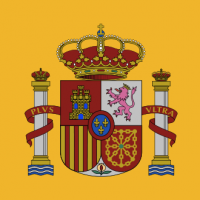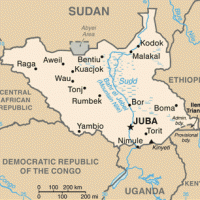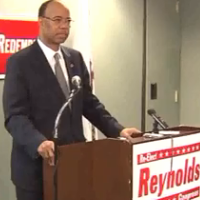 Been a busy month for me so I haven’t had a chance to give the story due diligence, but if you didn’t hear: the German automaker Volkswagen’s U.S. division attempted to unionize their own workers in Tennessee.
Been a busy month for me so I haven’t had a chance to give the story due diligence, but if you didn’t hear: the German automaker Volkswagen’s U.S. division attempted to unionize their own workers in Tennessee.
This is unusual for a number of reasons, as I’ll get to in a moment, but it’s particularly significant coming in Tennessee, a state that has become home to a lot of foreign car manufacturers’ American branches and is a so-called “Right to Work” state. “Right to Work” laws are designed discourage unionization by changing how worker votes occur and allowing management to intimidate or pressure workers into voting against forming a union, i.e. giving workers the “right” to work outside of union (because every American must have the right to be their own David against the corporate Goliath in contract negotiations… I guess?).
So anyway, if VW employees unionize, it will automatically put pressure on Tennessee’s other foreign-based carmakers to raise wages somewhat to remain competitive and retain their workers, even if they remain non-unionized (past studies have demonstrated this effect pretty clearly), and it will probably encourage unionization drives elsewhere.
Read more
 Bill and I have already discussed Spain’s proposed abortion law, the Ley Gallardón, which would restrict abortion in Spain to cases of rape or long-term harm to the mother.
Bill and I have already discussed Spain’s proposed abortion law, the Ley Gallardón, which would restrict abortion in Spain to cases of rape or long-term harm to the mother. 


 The office of the president in Uganda has announced they will be signing their anti-homosexuality bill into law today.
The office of the president in Uganda has announced they will be signing their anti-homosexuality bill into law today.  The fighting in South Sudan is somewhat reduced, in large part because of a massive Ugandan Army operation on behalf of the South Sudan government, but it’s still going on.
The fighting in South Sudan is somewhat reduced, in large part because of a massive Ugandan Army operation on behalf of the South Sudan government, but it’s still going on.  Been a busy month for me so I haven’t had a chance to give the story due diligence, but if you didn’t hear: the German automaker Volkswagen’s U.S. division attempted to unionize their own workers in Tennessee.
Been a busy month for me so I haven’t had a chance to give the story due diligence, but if you didn’t hear: the German automaker Volkswagen’s U.S. division attempted to unionize their own workers in Tennessee. Typically, the only countries that try to tell the United States what to do are in the company of North Korea and Venezuela.
Typically, the only countries that try to tell the United States what to do are in the company of North Korea and Venezuela.  A balanced universe: Zimbabwe’s government has
A balanced universe: Zimbabwe’s government has